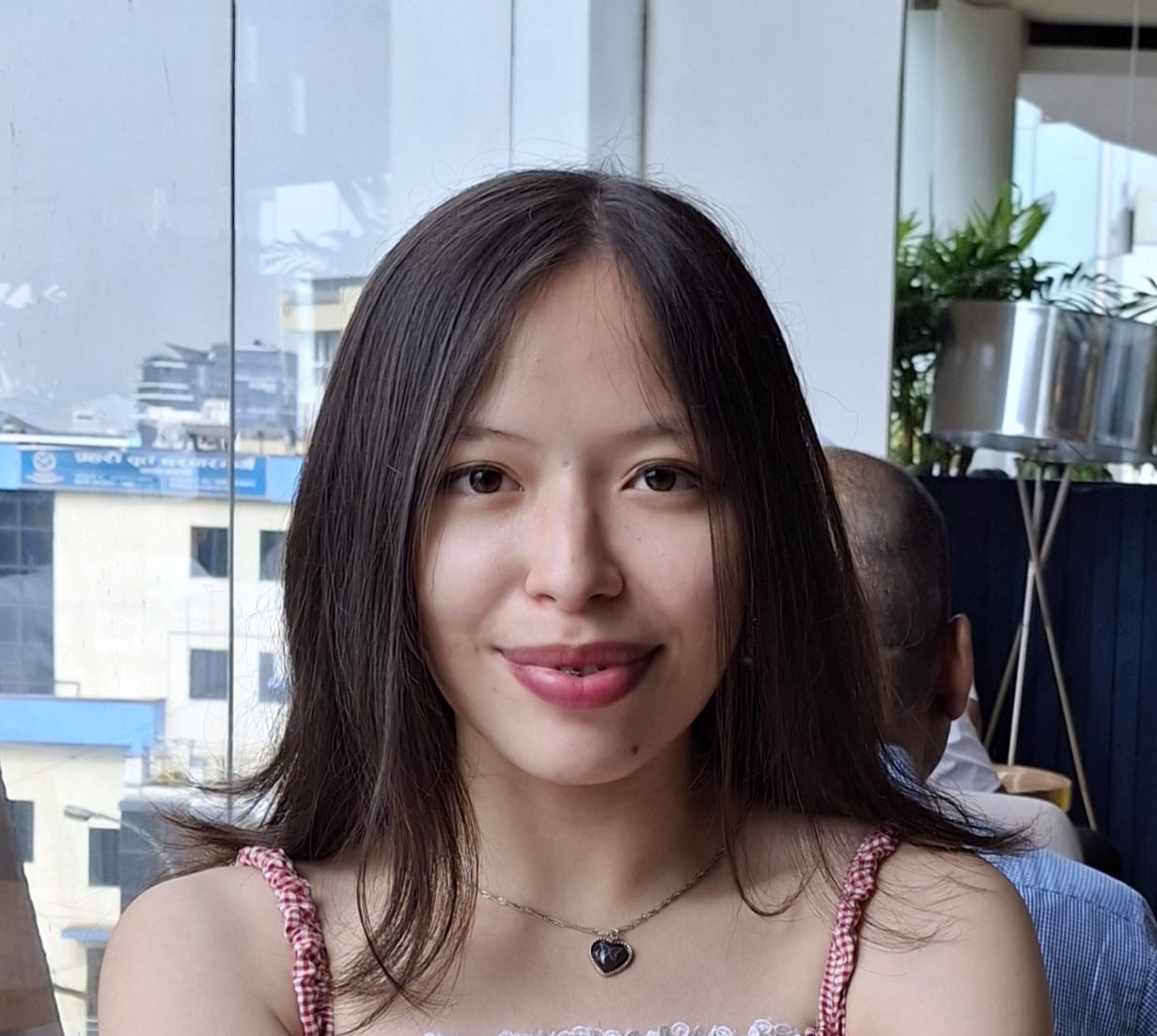Culture & Lifestyle
Discussing marriage equality within LGBTQ+ communities
Mitini Nepal organised a session with media that highlighted the challenges faced by LGBTQ+ couples due to societal prejudice and government policies.%20(1).jpg&w=900&height=601)
Manushree Mahat
Despite the increasing acceptance of the LGBTQ+ community in society and the media’s effort to raise awareness about the issue, there are still significant hurdles members of the community have to overcome before they can enjoy the same rights that most heteronormative individuals take for granted. One major obstacle is the absence of marriage equality, and this issue took centre stage during a discussion hosted by Mitini Nepal on Thursday titled, ‘Interaction with Desk Reporters on Marriage Equality’.
The session started off with Laxmi Ghalan, the president of Mitini Nepal, sharing the struggles she and her partner have experienced living in an intolerant society that often judges them harshly. She also pointed out the shortcomings of the government system in granting equal rights to the LGBTQ+ community. Ghalan emphasised the negative impact all of this has on the mental health of LGBTQ+ individuals, explaining how queer relationships suffer due to hostility from both government and society, often leading to conflicts and breakups between partners.
“Until and unless the community can enjoy equal rights to the fullest, our voices will always be suppressed in one way or the other. Which is why we want to appeal to the reporters and writers—the power of your pens can go a long way in liberating the LGBTQ+ community,” said Ghalan in her speech.
As the programme progressed, Sarita KC, the executive director of Mitini Nepal, took centre stage as she explained the organisation’s objectives and what they would discuss next. She then dived into the issue of marriage inequality in the LGBTQ+ community. A major problem, according to KC, is the inability of LGBTQ+ couples to open joint bank accounts, as registering marriage is still a budrdensome process for the community. This lack of (marriage) recognition complicates things—particularly in the event of a partner’s death. KC also talked about the civil court’s rigid definition of marriage as a bond between a ‘man’ and a ‘woman’ and the lack of support from families who go as far as abusing their children when they get in LGBTQ+ relationships.
Additionally, KC also discussed the limited adoption rights available for LGBTQ+ couples. She highlighted the unjust treatment they suffer when navigating adoption, IVF, and sperm donation. Adoption papers recognize parental rights only when the couple identifies as ‘father’ and ‘mother’, leaving out homosexual relationships entirely.
KC suggested steps society and the government can take to pave the way for progress. She stressed the importance of using gender-neutral language to define marriage, instead of perpetuating heteronormative wording that limits the tradition to ‘husband’ and ‘wife’. Property rights and the need for equal spousal rights over property were also discussed.
A noteworthy aspect of the discussion was the inclusion of storytelling sessions. Hearing personal stories from individuals who have faced a lot of scrutiny and backlash from society and government was difficult and it showed how much there is to do to make the society more inclusive.
Jeshika Gautam, who identifies as a masculine lesbian, recounted her dismissal from the workplace when they discovered her sexual orientation and her relationship with her partner, Samjhana Bishwokarma. She also shared the verbal abuse and prejudice she endured from society. Another attendee, Sunita Lama who is a trans woman expressed the betrayal she felt when her partner of fourteen years ran away from home with her money, stolen through forged signatures, and her ATM card. Sandhya Lama, who also identifies as a trans woman, shared her relationship experiences so far, including how limited marriage rights broke off her first relationship. She also spoke of the struggles of having her current partnership remain uncertified.
Bimala Gurung, programme manager of Mitini Nepal, noted that this particular session saw greater audience participation than previous ones. She explained that the goal of the session was to encourage active engagement through storytelling and Q&A sessions with enthusiastic speakers. She also expressed that she was happy to see the attendees openly share their emotional struggles and seek solutions.
“We are pleased with today’s session. Both the storytellers and press members were candid about their opinions on marriage equality issues,” said Gurung.
The discussion ended with a common understand among the attendees and the organisers that sessions like this further emphasise the importance of LGBTQ+ rights in all spheres and contribute to the community’s liberation.




 9.7°C Kathmandu
9.7°C Kathmandu

.jpg&w=200&height=120)













